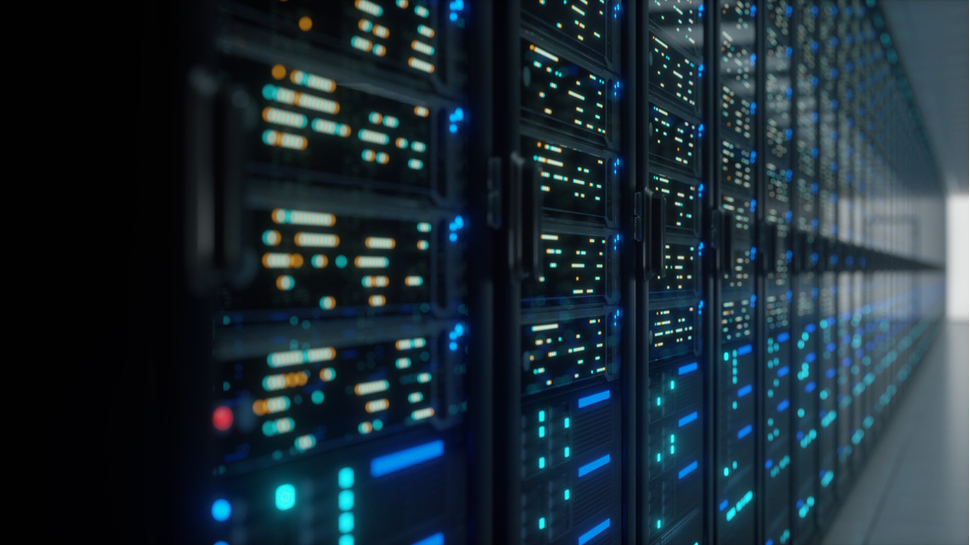AMD is trumping Intel in this vital computing market
First quarter of the year witnessed a historic jump in chip sales

According to latest sales figures for Q1 2021, AMD has scored its highest single-quarter market share increase in the server segment since 2006, as it continues to chip away at Intel’s dominance in this space.
The CPU market share from Mercury Research shows that AMD’s server segment grew by less than two percent, which doesn’t sound a whole lot. However, Tom’s Hardware reports that the figure is significant given the typically small changes usually witnessed in the server market share.
The Q1 2021 increase raises AMD stake in the server market to 8.9%.
- Also check our list of the best VPS hosting providers
- Here's our list of the best small business servers available
- Check out our list of the best cloud computing services right now
AMD’s rise comes as Intel registered a drop in Q1 2021 revenue due to lethargic sales in the Data Center Group, which were down 20% year-on-year.
Record sales
Dean McCarron, president of Mercury Research, noted that AMD’s Q1 2021 server segment growth was one of the contributors to an increase in average selling prices for chipmakers.
"While we don't often discuss average selling prices, we note that this quarter saw unusually strong price moves for AMD -- as AMD shipped fewer low-end parts and more high-end parts, as well as shipping many more server parts, the company's average selling price increased significantly," McCarron told Tom’s Hardware.
The research notes that the CPU market continues to move at a record pace. Q1 2021 is the third straight quarter to register record sales. In fact, even though first quarters usually witness lower sales volume, following the holiday season, Q1 2021’s 41% year-on-year gain was the highest for the CPU market in 25 years.
Sign up to the TechRadar Pro newsletter to get all the top news, opinion, features and guidance your business needs to succeed!
Despite its record server segment gain, AMDs recorded a dip in its overall market share. Its netbook segment also continued to drop, while the sales of its desktop PC chips remained flat.
- We've built a list of the best cloud hosting services on the market
Via Tom’s Hardware
With almost two decades of writing and reporting on Linux, Mayank Sharma would like everyone to think he’s TechRadar Pro’s expert on the topic. Of course, he’s just as interested in other computing topics, particularly cybersecurity, cloud, containers, and coding.
